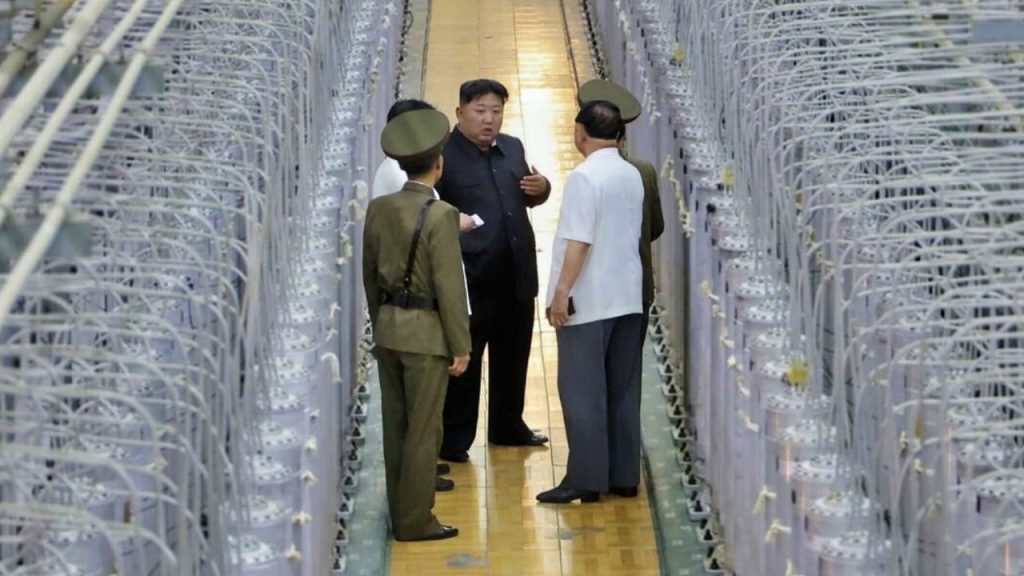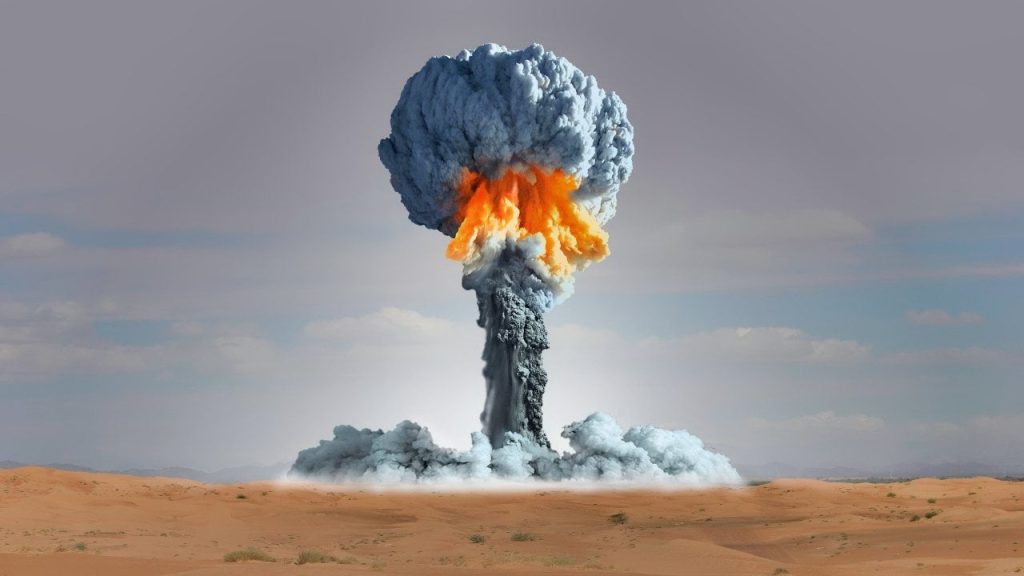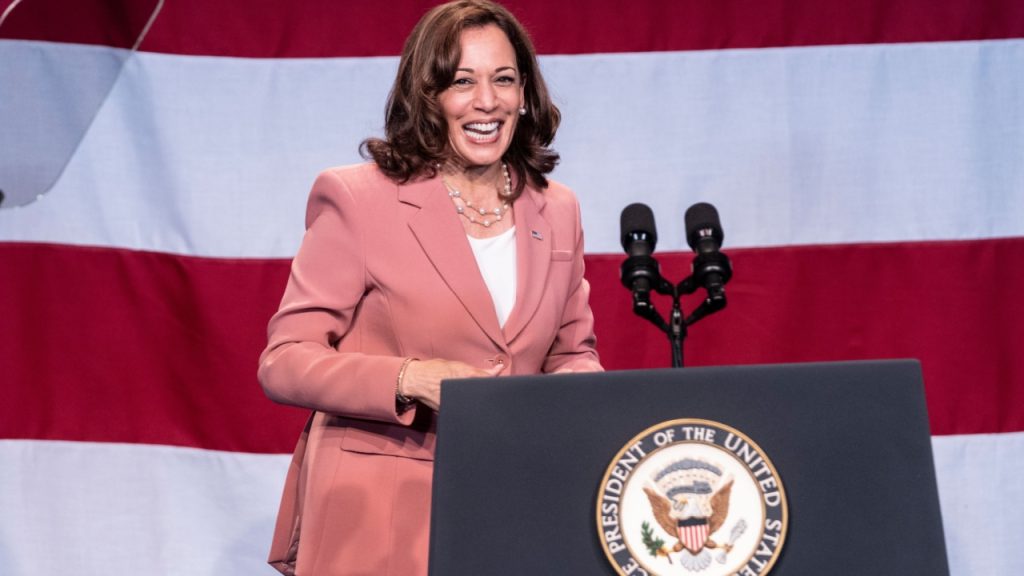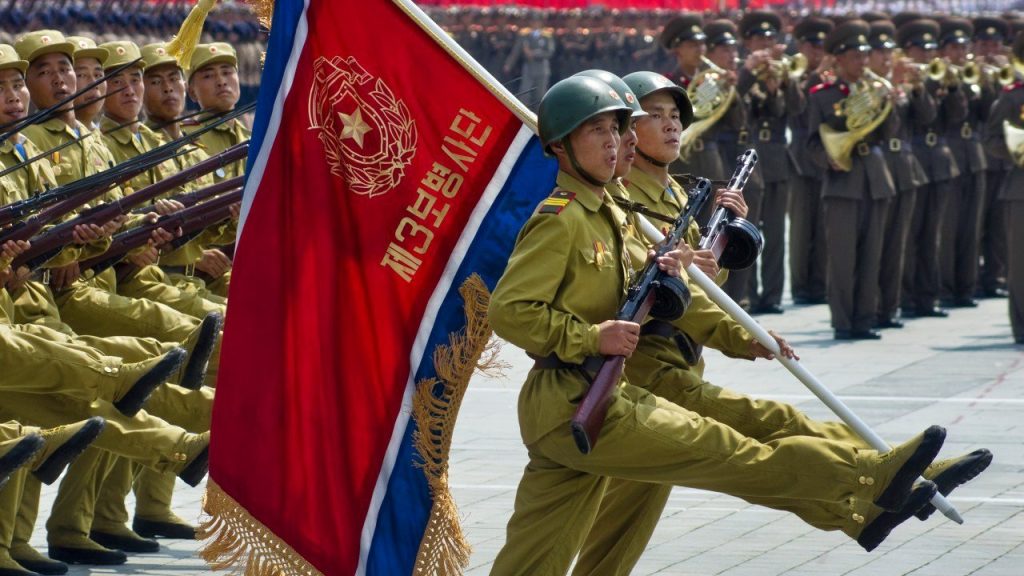Nuclear Proliferation

Labeling South Korea a Sensitive Country: Nuclear Proliferation and the Future of Nuclear Energy Development
The South Korea sensitive designation, though officially attributed to security violations, reflects deeper concerns over nuclear nonproliferation and threatens U.S.–South Korea nuclear cooperation. On March 10, the South Korean newspaper Hankyoreh reported...

Iran’s Nuclear Program Can’t Be Bombed Out of Existence
To paraphrase Machiavelli, prudence involves choosing the least of the worst options. And in this case, Israel’s and America’s least-worst option is avoiding preemptive strikes on Iran’s nuclear facilities. The...

Kim Jong-un’s Nuclear “Show and Tell” Should Lead to a Washington Rethink
The North Korean problem suddenly got a lot worse last month when Kim Jong-un unveiled a new uranium enrichment plant capable of producing weapons-grade uranium for nuclear warheads. Pyongyang has...

Could the Gaza War Revitalize Nuclear Non-Proliferation in the Middle East?
In October 2023, an Israeli member of the Knesset for the Likud party, Revital “Tally” Gotliv, called for the Israeli military to use the “Jericho Missile” (ballistic missiles developed by...

South Korea’s Nuclear Weapons Debate: A Third Way Forward?
Becoming a threshold state, rather than developing a nuclear deterrent outright or continuing to rely on the U.S. umbrella, may be the ROK’s best option. The debate over nuclear armaments...

U.S.-North Korea Relations Under a Harris Administration
Even before being elected in 2016, former president Trump routinely gave his opinions on every topic under the sun, including his views on North Korea, thus providing the public with...

Forecasting Kamala Harris’ North Korea Policy
The Harris administration will likely maintain the Biden administration’s approach to North Korea because of the significant and long-lasting effects of recent shifts in the international security landscape marked by...

The Will and the Power: China’s Plan to Undermine Pax Americana
Editor’s Note: The following article contains excerpts from Lost Decade: The U.S. Pivot to Asia and the Rise of Chinese Power (Oxford University Press, 2024) with the permission of the...

The Crumbling Edifice of Conventional Deterrence
Current and aspiring nuclear great powers (the United States, Russia, and China), together with other comparatively small nuclear weapons states (either declared or widely acknowledged as such), are investing in...

The Uncertain Russia-North Korea Relationship
The United States and South Korea have ample reasons to worry about the new agreement between Russia and North Korea. The agreement involves a mutual defense commitment between Russia and...

CRINK’s Support of Iran’s Nuclear Capabilities
Iran is steadily edging towards the dangerous point of becoming a nuclear state. According to the latest assessment by the International Atomic Energy Agency (IAEA), the UN’s nuclear watchdog, Iran...

What Would a Second Donald Trump Presidency Mean for U.S.-North Korea Relations?
The U.S.-North Korea relationship experienced drastic shifts during Donald Trump’s presidency from 2017 to 2021, moving from the verge of war to warmer relations between the leaders of the two...